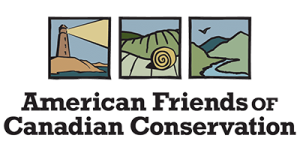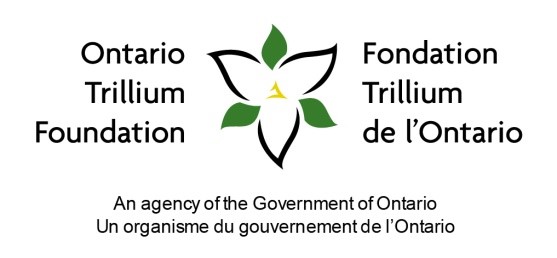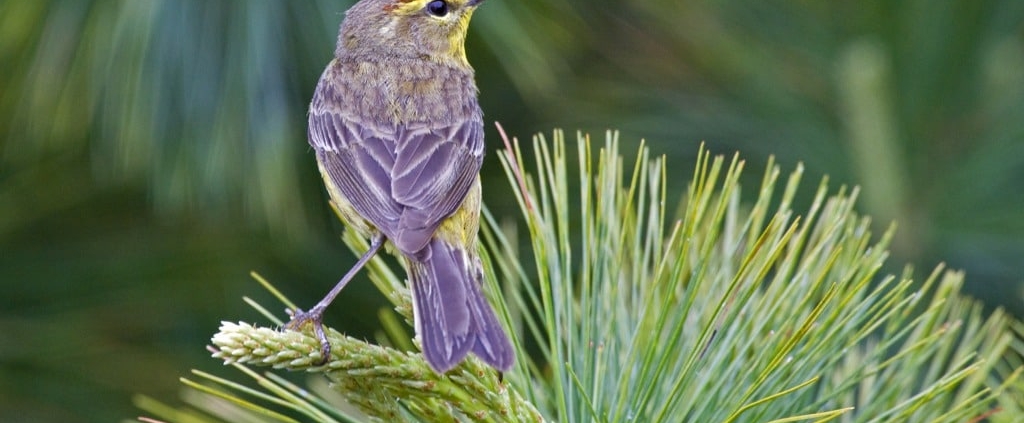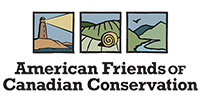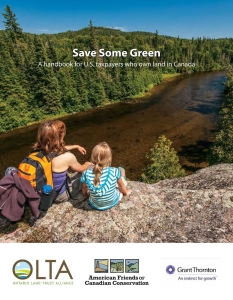Big news for conservation
Last week the US Congress gave a wonderful year end gift to preservation advocates, protection-oriented landowners and anyone who values natural, wild places. In a bi-partisan vote that reflects Americans’ interest in conservation, irrespective of their other political leanings, both the House and Senate voted to make the “Enhanced Conservation Easement Tax Incentive” permanent and retroactive to the beginning of 2015.
Here’s what that means to American Friends, its partners and US taxpayers who own ecologically-sensitive land, including in Canada.
What is the Conservation Tax Deduction?
The US conservation tax deduction allows a landowner to claim a federal income tax deduction for the value of a donated conservation easement that meets requirements of a qualified conservation contribution — similar to other charitable donations. The value of the conservation easement is generally calculated by determining the difference in property value before and after the conservation easement is registered on title. The landowner donated that amount by restricting the potential future uses of the protected land.
Without the enhanced incentive a landowner could only deduct the value of a conservation easement, up to 30% of his or her adjusted gross income (AGI), for up to six years. (The year of the gift, plus five years of carry forward.)
These former limits meant that taxpayers without high taxable incomes might not be able to fully utilize the charitable deduction associated with an easement gift. It was a serious disincentive for people of more modest means to donate conservation easements, especially in areas where property values have appreciated substantially and/or when a landowner wanted to preserve their land’s natural character by eliminating most or all development. The more future development the landowner foregoes the higher the appraised value of the easement, hence the tax incentive conundrum which has been addressed by the new legislation.
What is the Enhanced Incentive and How Does it Work?
The enhanced incentive raises both the AGI limit and the length of time over which donor can use the tax deductions. These modifications can make a big difference in the financial bottom-line produced by donating a conservation easement.
Landowners with modest incomes, or who donate conservation easements that are very valuable, will now be able to fully use their deductions and reduce their tax burden. Farmers and ranchers are eligible for even higher deduction allowances.
The specifics of the enhanced deduction:
- Raises the maximum deduction a donor can take for donating a qualified conservation easement from 30% of their adjusted gross income (AGI) in any year to 50%.
- Allows qualified farmers and ranchers to deduct up to 100% of their AGI.
- Increases the number of years over which a donor can take deductions from a donation of a qualified conservation easement from 6 to 16 years.
The newly-approved incentives mean that voluntary land conservation will be even more attractive to US taxpayers who own ecologically important land in Canada; especially those who want to keep their land in their families and therefore need to reduce their Canadian capital gains. Donating a conservation easement to American Friends will decrease the current value of their land, making it less expensive to transfer the property to the next generation. The enhanced tax benefits will greatly improve the overall bottom-line by allowing donors to reduce their US taxes more significantly.
This change will help American Friends, its Canadian partners and the families from the US who are seeking a financially realistic way to retain the natural qualities of their properties. The incentive further leverages philanthropic and government funding to save Canada’s healthy watersheds, wildlife habitat, scenic views, recreational resources and economies based on cottage tourism, hunting and fishing.
Please contact Sandra Tassel, Program Coordinator, for more information about this exciting news. Phone (360) 515-7171 or info@afoclt.org
